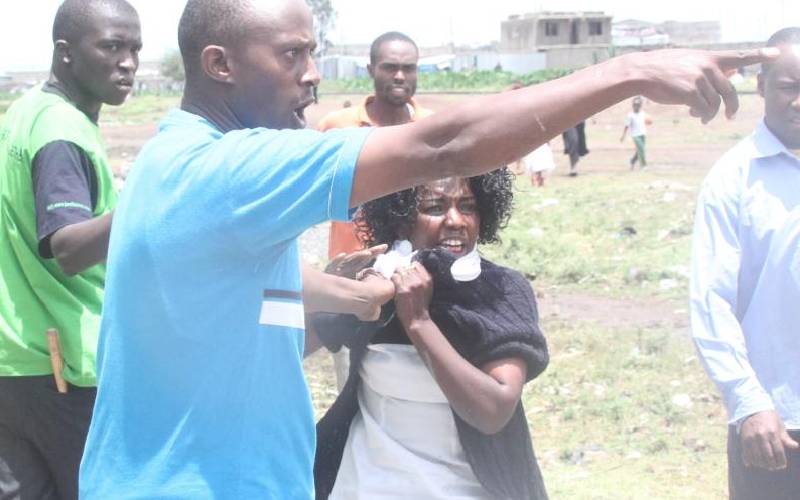×
The Standard e-Paper
Fearless, Trusted News

Churches are revered as holy places. They are the places people go to find solace, peace and comfort. A place to calm their rather tired souls. But, over the years, the script has flipped.
Some of the churches have turned into an arena of fights that negates the Holy Spirit’s doctrine of tolerance.